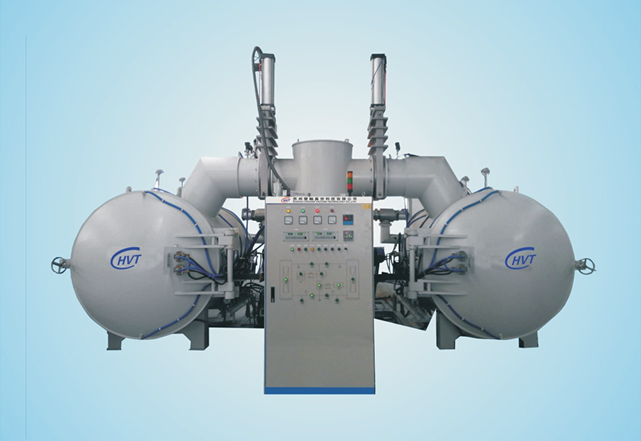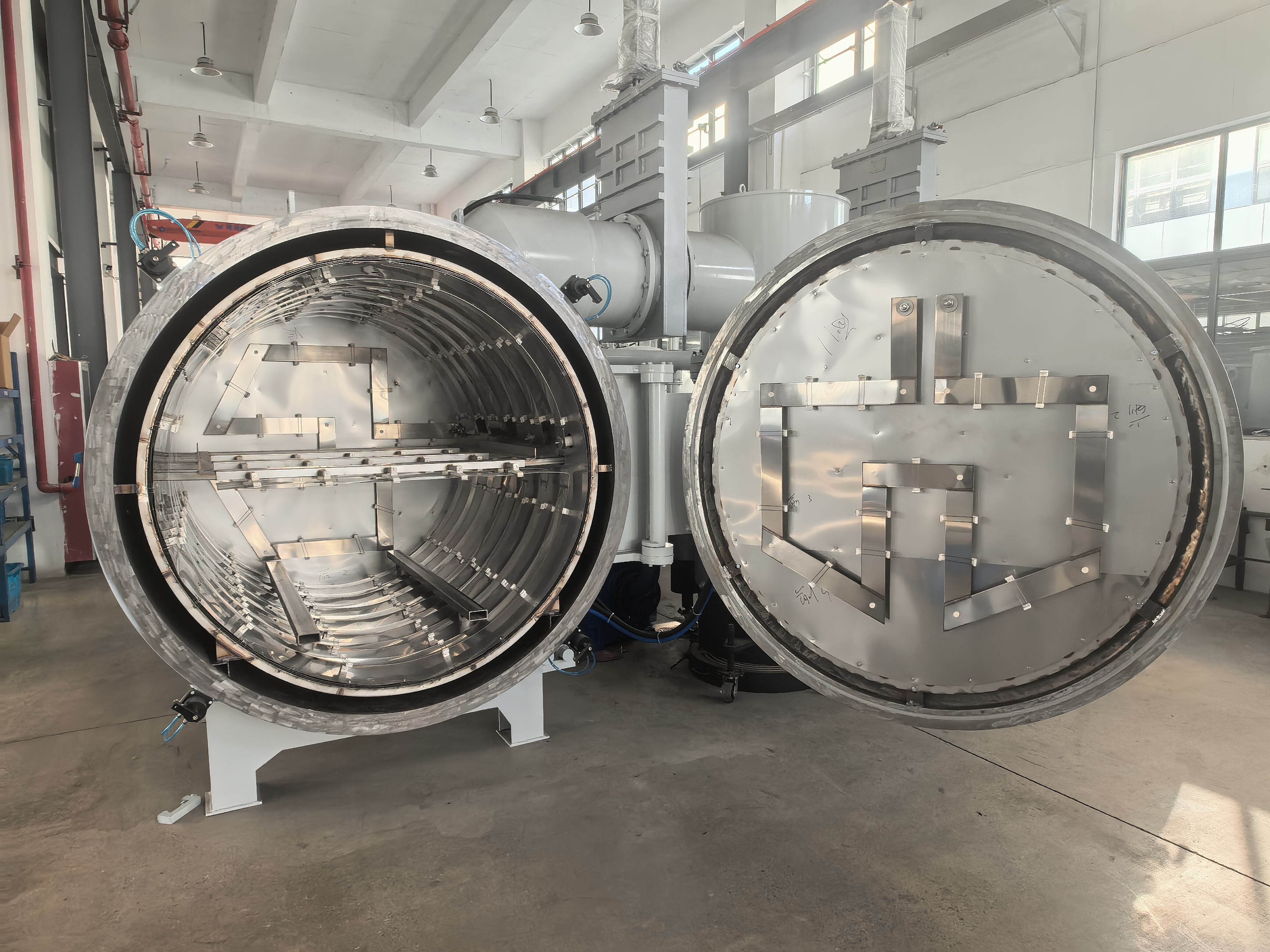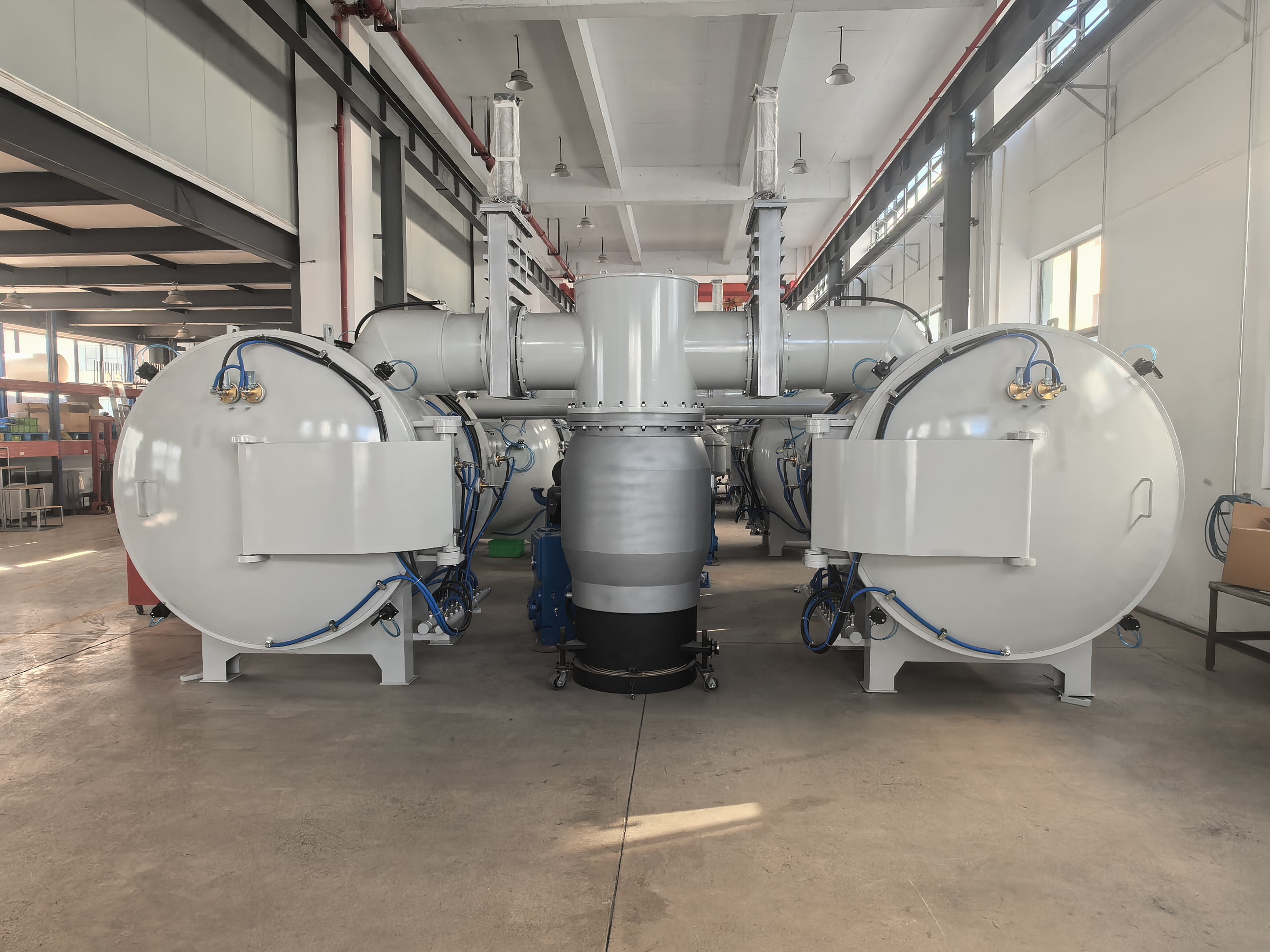induction melting furnace price
The induction melting furnace price represents a significant investment consideration in industrial manufacturing, typically ranging from $10,000 to $100,000 depending on capacity and specifications. These advanced systems utilize electromagnetic induction to generate precise heating for metal melting, offering exceptional temperature control and energy efficiency. The pricing structure varies based on crucial factors including melting capacity, power rating, and technological features. Modern induction furnaces incorporate sophisticated control systems, allowing for precise temperature management and automated operation sequences. The initial cost reflects the incorporation of high quality refractory materials, advanced power supply systems, and cooling mechanisms essential for optimal performance. When evaluating price points, customers must consider factors such as power consumption efficiency, which typically ranges from 65% to 85%, significantly higher than traditional fuel based furnaces. The furnace price also accounts for safety features, including emergency shutdown systems and thermal protection mechanisms. Additionally, manufacturers often include warranty coverage, technical support, and installation services in their pricing packages, providing comprehensive value for the investment.


